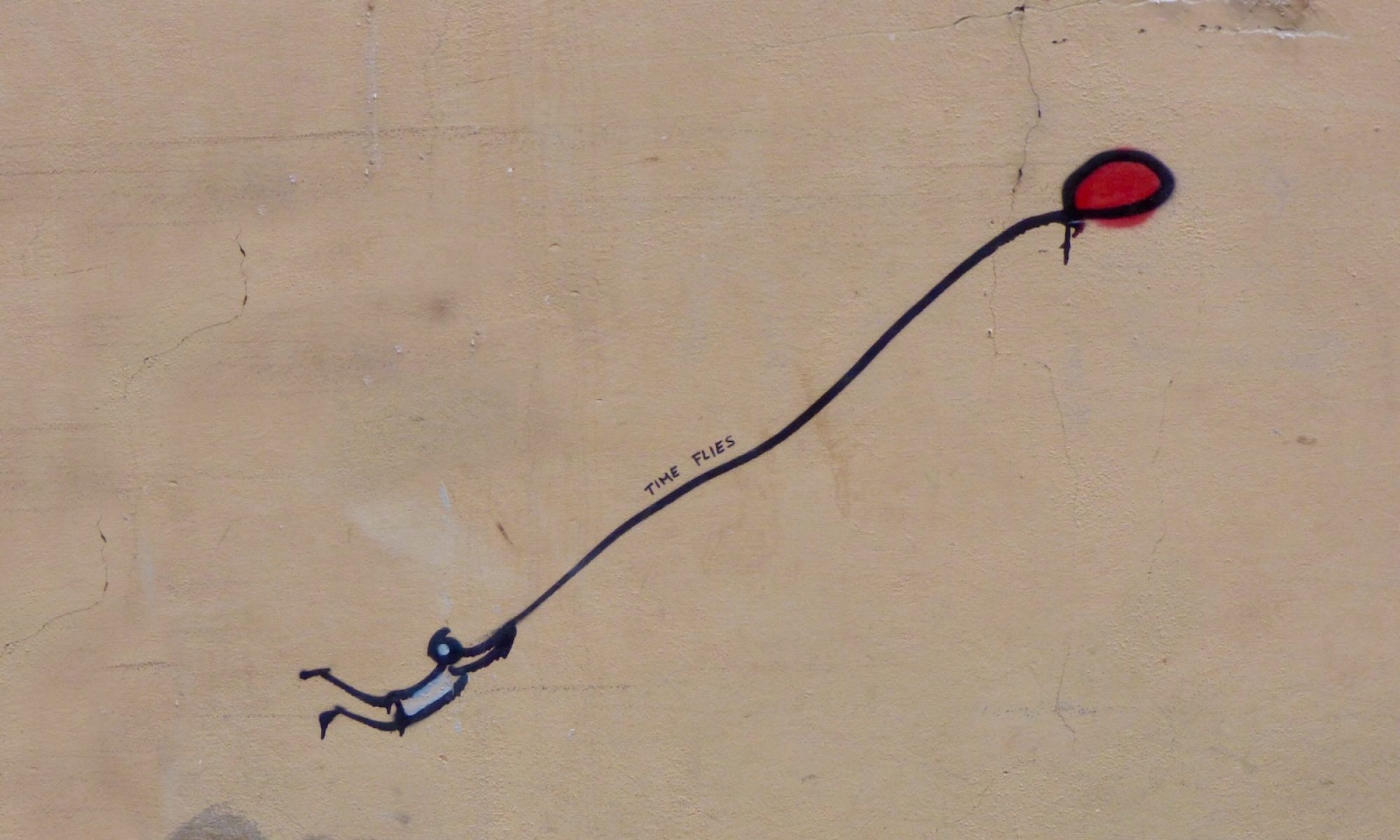
Decades ago, I went to visit my then-husband’s extended family whom I’d never met before and who he barely knew. The couple was our parent’s age and they’d lost their daughter to illness in her late teens.
They’d invited us to spend the night and when they showed us where we were sleeping, I involuntarily shivered. It was their daughter’s room, which had remained untouched since she died. A large color portrait of her sat on the dresser, eyes following us all over the room.
Late that night, we whispered under the covers about how odd it was that the parents had left their daughter’s room unchanged even though she’d died so long ago. Holy shit, I get it now.
Just before he died, Christopher was cleaning off a weight set of mine he was planning to use but never got around to finishing the job. The spray bottle and rag stayed exactly where they were for months. Christopher’s toiletries remain in one of our bathroom showers. I still have an old shopping list meant for the garbage.
I was talking with my middle son the other day about the mountains of Christopher’s belongings that we don’t know what to do with. Worn out t-shirts, frayed jeans, ball caps acquired who knows when. Things that would ordinarily be destined for Goodwill are now as valuable as spun gold to us.
Between the stuff I have here, the things packed in boxes at his father’s house, and random belongings at my mother’s house, Christopher’s possessions span three states. None of us can bear to get rid of anything, even coming up on a year after his death.
As you can imagine, it’s not uncommon to cling to whatever scraps of your child’s memory that you can find. I remember begging my son Zane for any of Christopher’s dirty laundry shortly after he died because I wanted to smell his scent one last time.
Marie Kondo would have a field day with me if she opened the closet in my office.
“Does this backpack spark joy?”
No.
“Do these shirts bring you happiness?”
No.
“What about this box of items?
No.
“Can you give thanks to all these things and let them go?”
Get out.
On good days, I can reach into my office closet for copier paper or whatever, spy Christopher’s stuff, think a good thought, and go on my way. Other days, it takes me several minutes to work up the courage to even open the closet door.
The sheer brutality of the grief that’s attached to Christopher’s possessions is astonishing. However, the only thing worse than keeping them around would be letting them go. I don’t know what I’ll eventually do with everything besides keep it forever, but I’m not worried about it. For now, it gives me comfort to have Christopher’s things near me.
But sorry, Marie, it brings me no joy.
